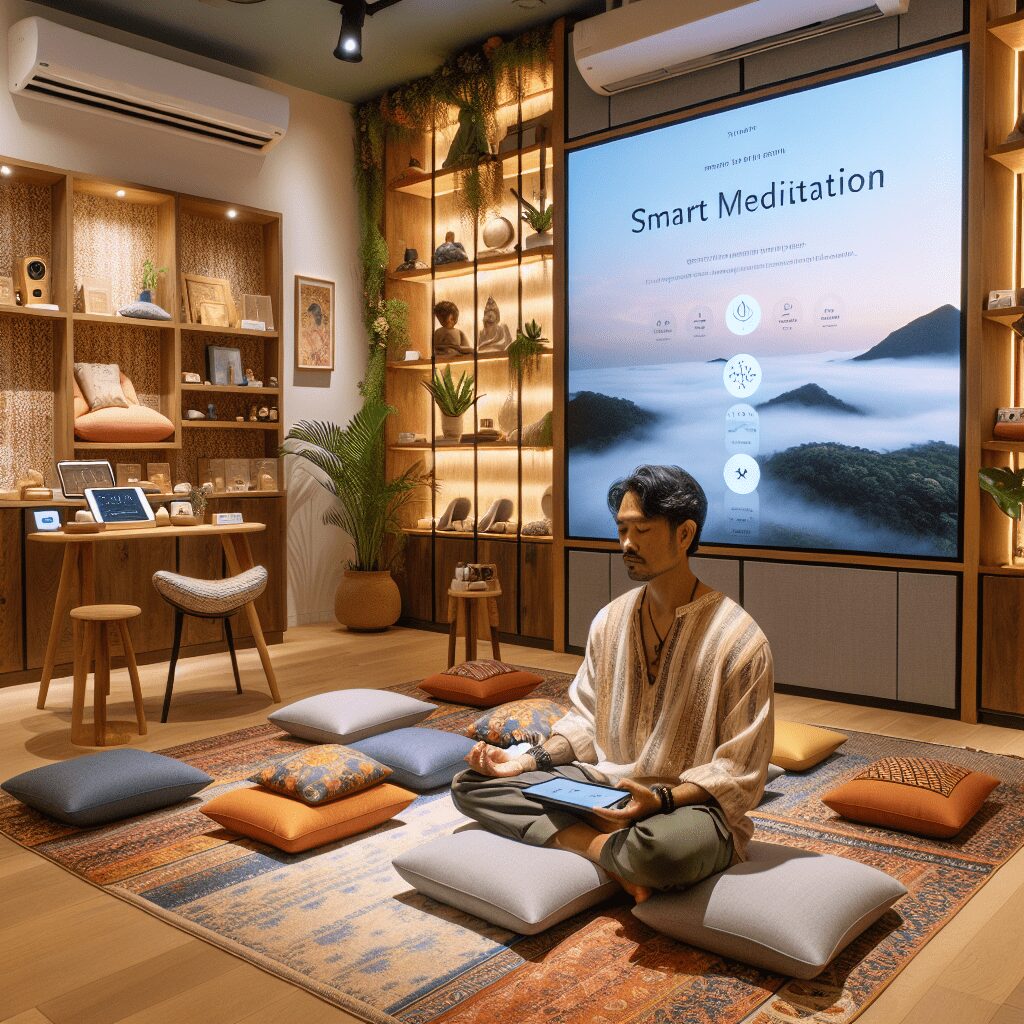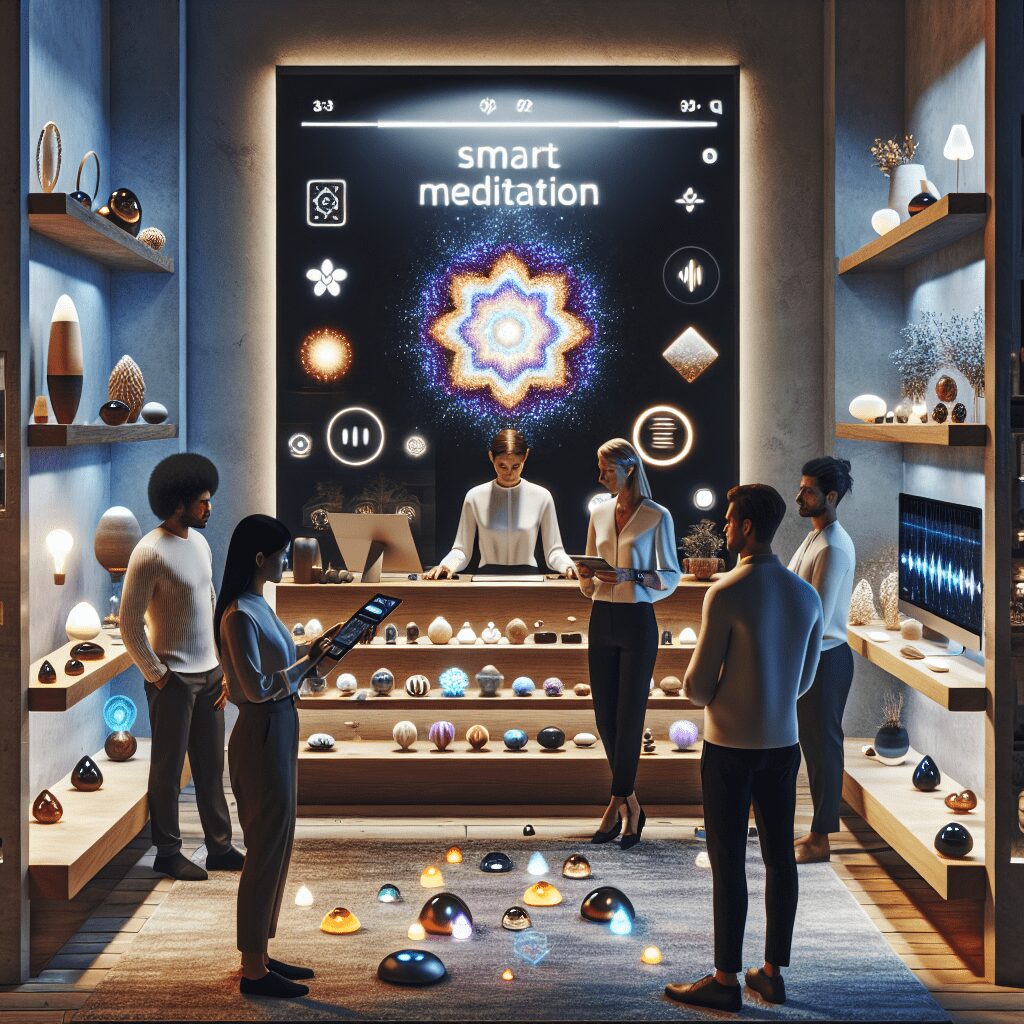
Prioritize your mental well-being daily. Enhance your life by nurturing your mental health with the Smart Meditation app. Break free from stress, alleviate anxiety, and enhance your sleep quality starting today.
Is Anxiety A Symptom Of Covid?
Unraveling the Ties Between Anxiety and COVID-19
In the labyrinth of symptoms associated with COVID-19, a peculiar query has surfaced: Is anxiety one of its manifestations? At first glance, it might seem like comparing apples to oranges—after all, COVID-19 primarily presents as a physical illness. However, the interconnection between mental health and infectious diseases is more intricate than it appears. Let’s dive deep into this conundrum, shedding light on facets rarely discussed in mainstream conversations.
The Mind-Body Connection: Unveiling the Link
COVID-19, caused by the SARS-CoV-2 virus, stormed into our lives, bringing forth a slew of physical symptoms ranging from mild coughs to severe respiratory distress. However, beneath the surface of these overt physical maladies lies a constellation of mental health challenges, anxiety being a prominent one. But how exactly does this connection manifest?
The Physiological Pathway: Research indicates that the body’s response to the virus can exacerbate stress and anxiety. The immune system’s battle against COVID-19 can lead to inflammation and alterations in brain function, resulting in heightened anxiety levels. Essentially, the virus’s indirect effects are casting long shadows on mental health.
The Emotional Rollercoaster: Let’s not forget the psychological impact of a pandemic. The fear of contagion, the isolation due to lockdowns, the uncertainty of the future—it’s a recipe for a mental health crisis. For many, these circumstances have been the breeding ground for anxiety, blurring the lines between cause and effect.
Symptoms Overlap: It’s tricky business, really. Some symptoms of COVID-19, such as shortness of breath and chest tightness, can mimic those of anxiety. This overlap can create a confounding scenario where individuals might struggle to differentiate between the physiological impact of the virus and anxiety symptoms.
Navigating Through the Fog: Understanding and Management
Awareness is the first step toward untangling this complex web. By acknowledging the bidirectional relationship between COVID-19 and anxiety, individuals can adopt more holistic approaches to their well-being. Here are a couple of tips:
-
Seek Accurate Information: In an era christened as the “infodemic,” sifting through information to find credible sources is crucial. Misinformation can fuel anxiety. Staying informed with facts can provide a semblance of control in tumultuous times.
-
Mind-Body Interventions: Practices such as mindfulness, meditation, and regular physical activity can serve as powerful tools to mitigate stress. They act as bridges, connecting the mind and body in a symphony of healing.
-
Building a Support System: Social connections, albeit virtual, can offer solace. Sharing experiences and feelings with trusted individuals can lighten the emotional load.
-
Professional Help: Sometimes, the burden of anxiety can become too heavy to carry alone. Reaching out to mental health professionals for guidance can pave the path toward recovery.
In the grand tapestry of COVID-19’s impact, anxiety has emerged as a significant thread, weaving together the physical and psychological realms. While anxiety might not be a direct symptom of the virus, the causal links are undeniable. In these challenging times, nurturing both our physical and mental health is not just important—it’s imperative. By understanding the multifaceted relationship between COVID-19 and anxiety, we equip ourselves with the knowledge to navigate this stormy sea with resilience and hope.





